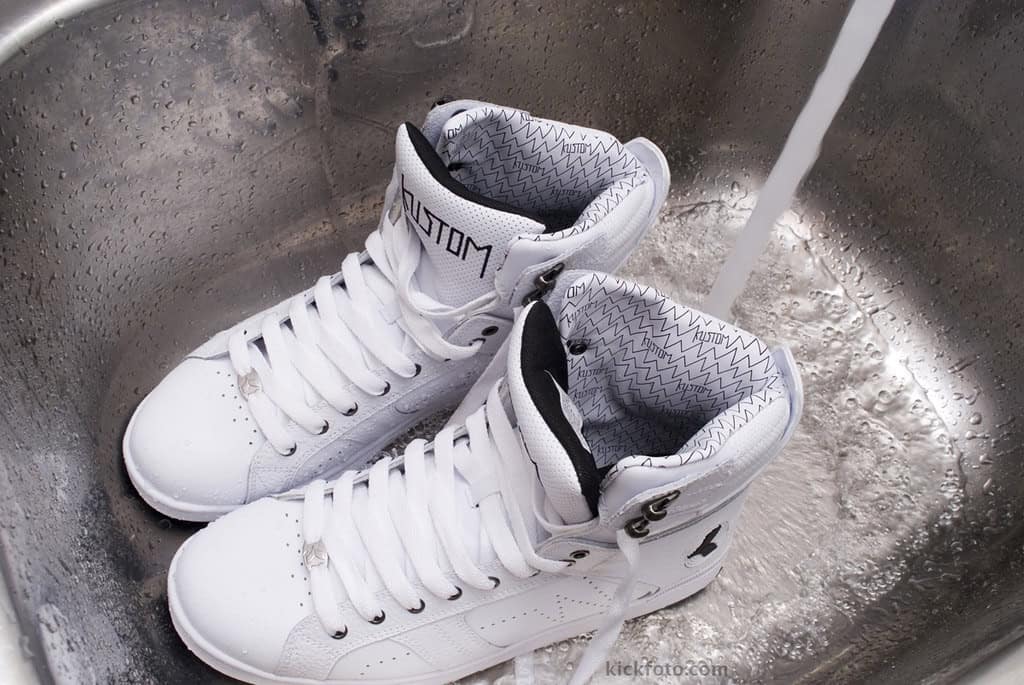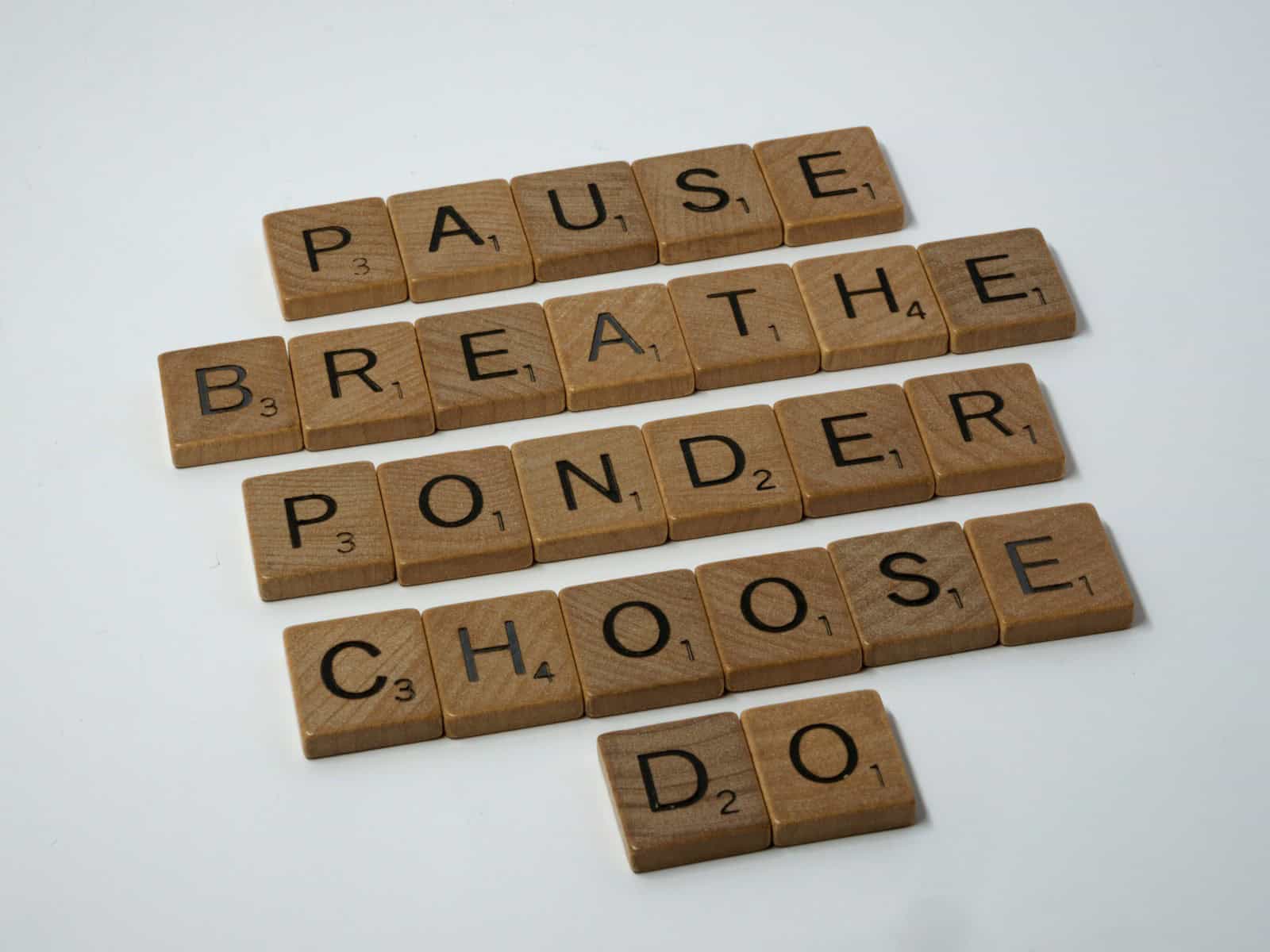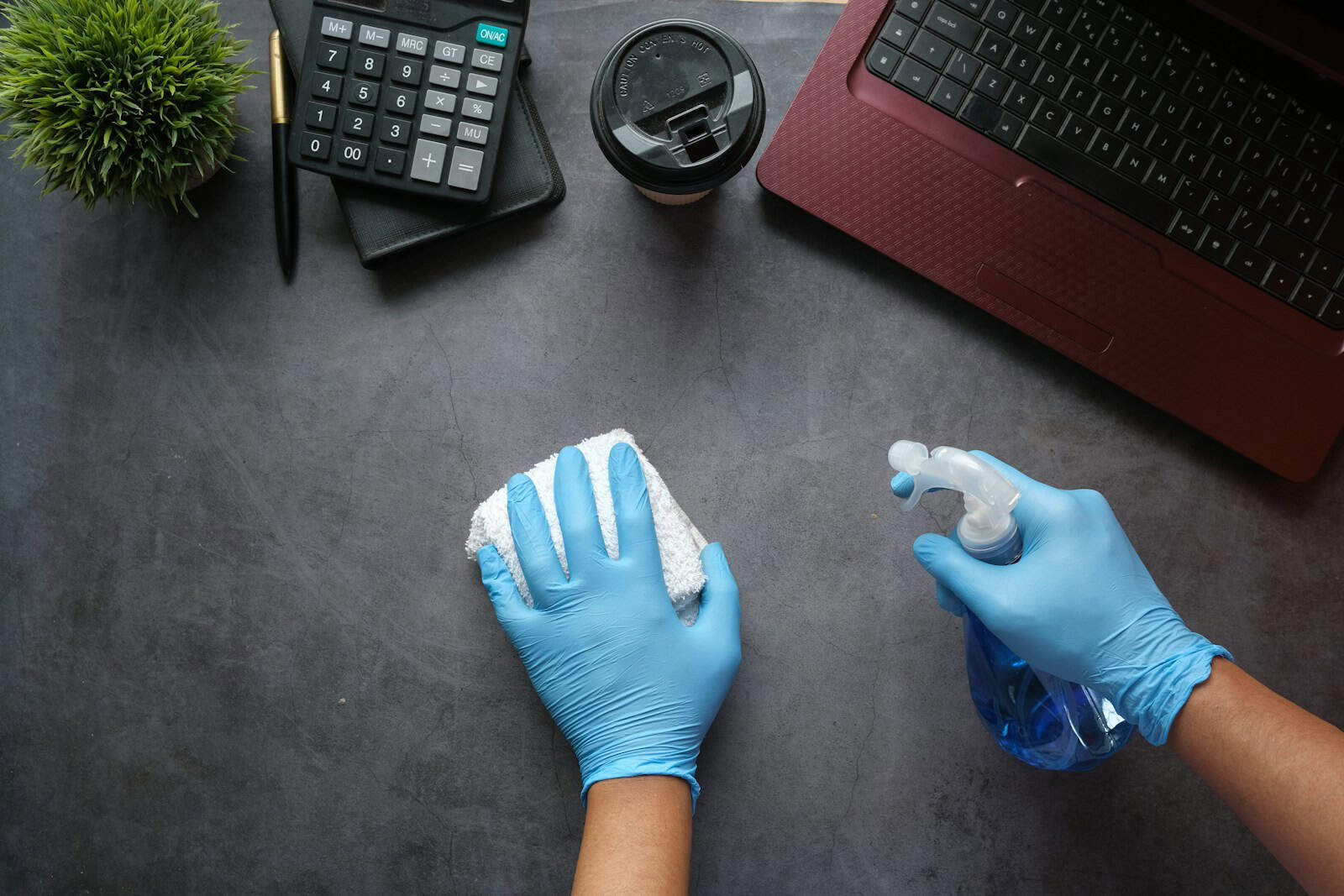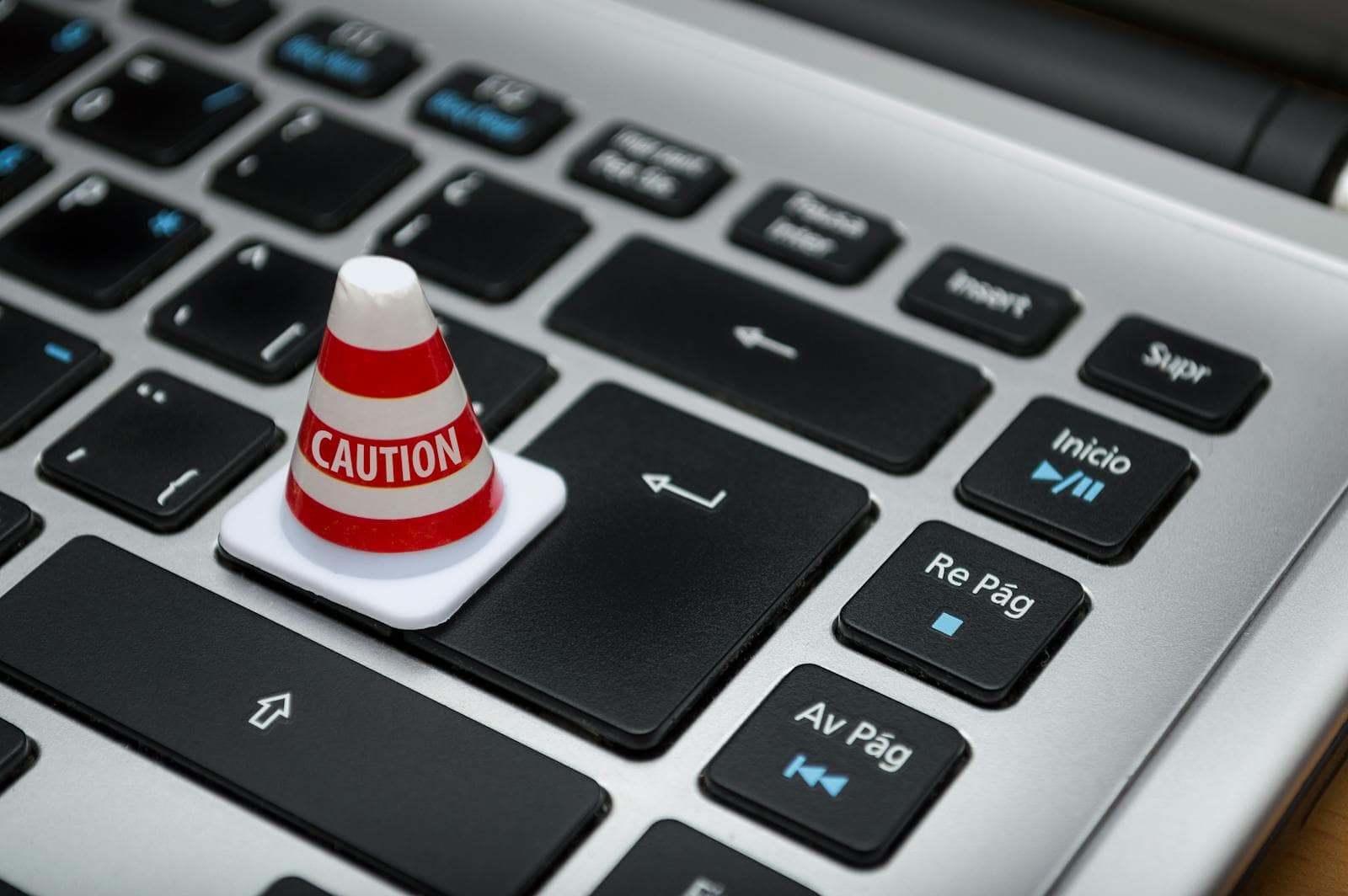Procrasticleaning: A Modern Coping Habit That Masquerades as Productivity
Ever found yourself scrubbing your bathroom with a toothbrush at 11 PM when you have a presentation due the next morning?
That moment when you suddenly become a cleaning expert, but only when you have something important you’re avoiding. Your kitchen counters gleam, your books are organized by color and your sour sock drawer looks like it belongs in a magazine.
But that deadline is still there, getting closer every hour you spend making your apartment Instagram-ready.
What Procrasticleaning Actually Is
 Procrasticleaning happens when you use cleaning to avoid tasks that feel overwhelming or scary. It’s not your regular Saturday morning tidy-up, it’s that sudden, intense need to organize everything when you should be doing something else.
Procrasticleaning happens when you use cleaning to avoid tasks that feel overwhelming or scary. It’s not your regular Saturday morning tidy-up, it’s that sudden, intense need to organize everything when you should be doing something else.
The tricky part? Procrasticleaning feels productive. I mean you’re not scrolling social media or binge-watching Netflix you’re actually getting things done.
But here’s what makes it sneaky. Procrasticleaning usually hits when you’re facing tasks without clear endpoints like writing a report, starting a creative project, having a difficult conversation or looking for a new job. These things feel ambiguous and uncomfortable, whilst cleaning feels concrete and safe.
How Procrasticleaning Differs from Regular Cleaning
Regular cleaning happens when your space actually needs it or when you’ve set aside time for household tasks. Procrasticleaning happens when you suddenly develop an urgent need to reorganize your spice rack while an important deadline approaches, it’s all about avoidance.
The timing gives it away. If you find yourself deep-cleaning your refrigerator at 10 PM the night before a big presentation, you’re procrasticleaning. If you spend three hours organizing your closet when you’re supposed to be studying for an exam, that’s procrasticleaning too.
Why Your Brain Picks Cleaning Over Important Work
Your brain isn’t trying to sabotage you when it chooses procrasticleaning. It’s actually trying to help you feel better right now, even if it creates bigger problems later.
When you’re facing a big, uncertain task, your brain craves control and cleaning gives you immediate control over your environment. You can see instant results and you can make something messy become organized.
Compare that to starting a big project. You don’t know how long it will take, you don’t know if you’ll do it well and you can’t predict what problems you’ll run into. Your brain would much rather tackle something with a clear beginning, middle, and end.
Research shows that people living in cluttered spaces have higher stress hormones throughout the day. But the reverse is also true. Organizing your space provides immediate stress relief. Your brain has learned that cleaning equals feeling better, so it suggests cleaning when you’re stressed about other things.
Avoiding Uncomfortable Emotions
Big tasks often come with big emotions. Starting that job search means facing your career anxiety, or beginning that creative project means risking failure or criticism and having that difficult conversation means dealing with potential conflict.
Cleaning lets you avoid those emotions while still feeling productive. You get to delay the discomfort without feeling guilty about being “lazy.” It’s socially acceptable avoidance.
You might notice this pattern when you’re avoiding a difficult phone call. Instead of picking up the phone, you spend two hours organizing your junk drawer. You feel productive and useful, but you’re really just postponing anxiety.
The Hidden Cost of Procrasticleaning
Procrasticleaning feels productive in the moment, but it often creates more stress later. The important task doesn’t disappear, it just becomes more urgent and anxiety-provoking as deadlines get closer.
The Time Trap
Procrasticleaning is a time sinkhole. What starts as “I’ll just quickly organize this drawer” turns into a three-hour deep-clean session and before you know it, your entire day is gone, and you still haven’t touched the important task.
The worst part is that the time spent procrasticleaning often feels like it went by quickly. You’re engaged and focused, so you don’t notice how many hours you’re burning. But when you finally look up from your newly organized closet, the deadline is suddenly much closer.
The Perfectionism Connection
Procrasticleaning often goes hand-in-hand with perfectionism. You tell yourself you need the “perfect” environment before you can start your important work; our desk needs to be completely clear, your files need to be perfectly organized and everything needs to be “ready” before you can begin.
But this is often just perfectionism in disguise. You’re creating conditions that feel necessary but are really just ways to delay starting something that might not turn out perfectly.
You might spend hours organizing your workspace before writing, convincing yourself you need everything “just right” to be creative.
Recognizing Your Procrasticleaning Patterns
The first step to breaking free from procrasticleaning is recognizing when you’re doing it. These patterns often become so automatic that you don’t notice them until you’re three hours deep in organizing your pantry.
Common Trigger Situations
Pay attention to when procrasticleaning happens. Is it before big deadlines, or when you’re facing creative projects or before difficult conversations?
Procrasticleaning often hits when you’re facing tasks that don’t have clear instructions. If someone gives you a specific checklist, you can usually tackle it head-on. But if you need to figure out how to approach something from scratch, your brain immediately starts suggesting that maybe you should reorganize your kitchen cabinets instead.
The Urgency Test
Ask yourself: “Did this cleaning task feel urgent yesterday?” If the answer is no, but it suddenly feels critical today when you have something important to do, you’re probably procrasticleaning.
Real cleaning needs tend to be consistent. That pile of laundry has been bothering you all week and the bathroom actually needs to be cleaned. But if you suddenly develop an intense need to organize your photo albums when you have a presentation to prepare, that’s avoidance in disguise.
The Emotional Check-In
Notice what you’re feeling right before the cleaning urge hits. Are you feeling overwhelmed, or anxious, or ncertain about where to start? These emotions often trigger the need to do something that feels manageable and controllable.
Try doing quick emotional check-ins when you notice the urge to clean. “I’m feeling anxious about this project and cleaning feels safer right now.” Just naming the feeling often helps you recognize what’s really happening.
For a deeper look into the psychology of procrastination and avoidance behaviors like cleaning, read this article from NPR: Why You Clean When You Have Other Deadlines.
Breaking the Procrasticleaning Cycle
Once you recognize procrasticleaning for what it is, you can start developing healthier ways to handle the underlying emotions and needs.
The Five-Minute Start
When you feel the urge to procrasticlean, commit to spending just five minutes on your important task first. Five minutes of actual work on the thing you’re avoiding.
Often, starting is the hardest part. Once you’ve broken the seal and done something on your project, the task feels less overwhelming. You might find yourself working longer than five minutes, or you might stop after five minutes and clean. The goal is just to prove to your brain that you can start.
The Prep Limit
If you genuinely need to organize your space before working, set a strict time limit. Fifteen minutes of organizing, maximum. Set a timer. When it goes off, you start your important task, even if your space isn’t perfect.
This helps separate legitimate preparation from procrasticleaning avoidance. Real preparation is focused and time-limited. Procrasticleaning is open-ended and expansive.
The Emotional Processing Pause
 When you notice the cleaning urge, pause and ask yourself: “What am I feeling about the task I’m avoiding?” Often, just acknowledging the emotion reduces its power.
When you notice the cleaning urge, pause and ask yourself: “What am I feeling about the task I’m avoiding?” Often, just acknowledging the emotion reduces its power.
Maybe you’re afraid you won’t do the task well or you’re overwhelmed by how big it seems or you’re worried about what people will think of your work. These are normal feelings, but they don’t have to drive you into your cleaning supplies.
Healthier alternative: Try the “brain dump” technique. Before you start cleaning, spend five minutes writing down everything you’re thinking and feeling about your important task. Don’t edit or organize your thoughts. Just get them out of your head and onto paper. This often reduces the mental noise enough to make the task feel more manageable.
Creating Structure That Actually Helps
The goal is to clean intentionally rather than as an avoidance strategy. This means creating structures that support both your need for order and your need to tackle important work.
The Scheduled Cleaning Approach
Set specific times for cleaning and organizing that aren’t connected to your work deadlines. Maybe Sunday mornings are for household tasks. Maybe you spend 15 minutes tidying up at the end of each workday. When cleaning has its own designated time, it’s less likely to expand into work time.
The Minimum Viable Environment
Instead of requiring a perfect workspace, identify the minimum environment you need to be productive. Maybe that’s just a clear desk surface and a closed browser or it’s noise-canceling headphones and a cup of tea. Focus on creating “good enough” conditions rather than perfect ones.
You might realize you’re using the need for a “perfect” workspace as an excuse to avoid difficult work. Try aiming for “functional” instead of “perfect.” Your desk just needs to have enough space for your laptop and a notebook. That’s it.
The Transition Ritual
Create a simple ritual that helps you transition from daily life to focused work without involving extensive cleaning. Maybe it’s making a specific type of tea, playing a certain playlist, or doing five minutes of deep breathing. The goal is to signal to your brain that it’s time to work without giving it opportunities to get distracted by cleaning tasks.
Understanding the Deeper Pattern
Procrasticleaning often points to deeper patterns about how you handle stress, uncertainty, and challenging tasks. Understanding these patterns can help you develop more sustainable approaches to both work and life.
The Perfectionism Connection
If you find yourself procrasticleaning frequently, it might be worth examining your relationship with perfectionism. Are you avoiding starting tasks because you’re worried they won’t be perfect? Are you using cleaning as a way to create one area of your life that feels completely under control?
Perfectionism often masquerades as high standards, but it’s really fear in disguise. Fear of criticism, fear of failure, fear of not being good enough. Cleaning gives you a break from that fear because it’s hard to fail at organizing your bookshelf.
The Control and Uncertainty Issue
Many people who procrasticlean struggle with uncertainty and ambiguity. If you’re more comfortable with clear instructions and defined outcomes, facing open-ended or creative tasks can feel overwhelming. Cleaning provides immediate certainty and control.
Learning to tolerate uncertainty is a skill that can be developed. Start with small experiments in ambiguity. Try cooking without a recipe or take a walk without a destination. Practice being okay with not knowing exactly how something will turn out.
The Gradual Exposure Approach
Start with smaller versions of the tasks you tend to avoid. If you procrasticlean when facing big writing projects, practice starting with just one paragraph. If you avoid it when dealing with administrative tasks, tackle just one small piece at a time.
The goal is to prove to your brain that you can handle these types of tasks without needing to clean your way out of the discomfort. Each small success builds your confidence for bigger challenges.
The Discomfort Tolerance Practice
Practice sitting with uncomfortable emotions without immediately jumping to cleaning. When you feel overwhelmed by a task, try sitting with that feeling for just two minutes before taking action. Notice that the discomfort doesn’t actually hurt you, it’s just unpleasant.
This isn’t about forcing yourself to suffer. It’s about learning that temporary discomfort won’t kill you, and that you don’t need to immediately escape into cleaning every time you feel uncertain or overwhelmed.
Conclusion
Procrasticleaning is a coping mechanism that your brain has developed to help you feel better when facing difficult or uncertain tasks. The problem isn’t that you clean, it’s that the cleaning is serving as avoidance rather than genuine care for your environment.
Start small. Notice when the cleaning urge hits and what you’re really feeling. Try spending five minutes on your important task before cleaning. Set time limits for organizing. And remember that “good enough” environments often lead to better work than “perfect” ones.
You don’t need to fix this pattern overnight. Just catch yourself once in a procrasticleaning cycle and choose to spend five minutes on your important task instead. That’s enough progress for today.
Recommended
Breaking Free from Toxic Traits: Tools That Work (Part 3)







